04. SUSTAINABLE DEVELOPMENT
The world of tomorrow
What will “the world of tomorrow” look like? Rexel is convinced that the ecological transition of society is a powerful driver for building a more resilient and responsible world for all. In many countries, the Covid-19 pandemic revealed people’s will to accelerate this transition: 72% of the French consider environmental challenges to be at least as important as those related to the health crisis (source: “Building a sustainable recovery,” BCG and EpE, 2020).
Even before this crisis, finding solutions for decarbonizing the global economy was an imperative. To achieve this, we need an ambitious vision of what a zero-carbon economy could look like and what actions those committed to this approach could take.
In 2019, the association Entreprises pour l’environnement (EpE) published a study involving 27 companies, including Rexel: “Zen 2050” investigates the feasibility of achieving carbon neutrality by 2050. This bold and original study merges the physical, technical, economic and sociologic dimensions of the transition to a decarbonized world. It describes the daily life of families living in 2050 in this Net Zero Emissions economy. While identifying the conditions for success, it concludes with proposals of short-term actions integrating the economic and social dimensions of this transformation.
The same year, Rexel and 100 French companies confirmed the need for a collective change of course in order to fight climate change. Gathered under the French Business Climate Pledge banner, they committed to allocating at least €73bn between 2020 and 2023 to industrial and R&D investments aimed at reducing greenhouse gas emissions.
The crisis did not diminish Rexel’s ambition to turn the ecological transition into a major driver of sustainable development for all. In May 2020, over 90 CEOs, including Rexel’s, Patrick Berard, called for a paradigm shift, using environmental issues to power the economic recovery. In the short and medium term, the potential means of creating employment opportunities and generating a positive impact on the environment have been identified: retrofitting existing housing and buildings and developing carbon-free mobility and renewable energy storage solutions.
In order to contribute to the post Covid-19 economic recovery and lay the foundation for a resilient and sustainable economy, Rexel is focusing in particular on the digital transformation of its activities and guiding its customers toward the adoption of the most efficient solutions.
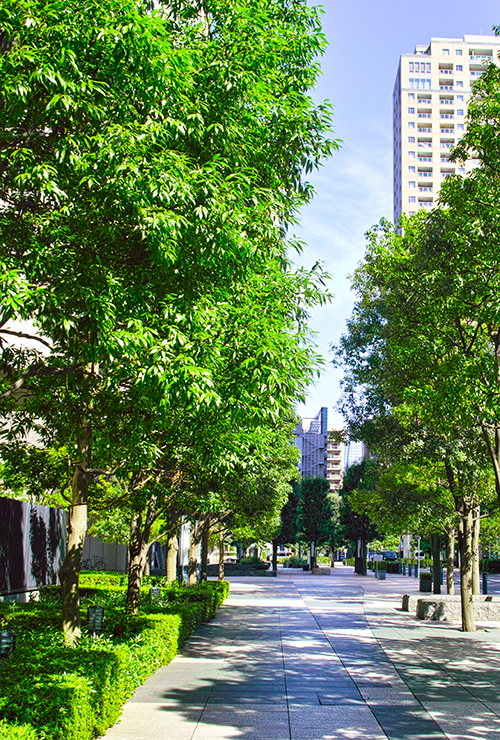

A strong environmental
ambition
-
Rexel was also included, for the second year in a row, in the CDP’s “Climate Change A List,” among the best-performing companies in the fight against climate change.
“Our goal of cutting the emissions linked to the use of products sold by Rexel is particularly ambitious as it aims for a 93% reduction of the GHG emissions of our value chain and these are not under Rexel’s direct control”, explains Bertrand de Clermont Tonnerre, Group Sustainable Development Director at Rexel. Prior to this, Rexel had committed itself to doubling its sales of energy efficiency products between 2011 and 2020. This target was reached in 2017. “Rexel is continuing and broadening its commitment. We are the only distributors in our field to do so”, added Bertrand de Clermont Tonnerre. The emissions included in the Group’s scope 3 category diminished from 38.2 MtCO2e to 32.9 MtCO2e between 2016 and 2019, thanks in particular to the environmental performance of lighting products and to the decarbonization of Rexel’s markets’ electricity mix. -
35%
lower greenhouse gas emissions (GHG) linked to the energy consumption of the Group’s operations (scopes 1 and 2) by 2030, as compared to 2016.
Rexel joined the Science Based Target (SBTi) initiative, born of a collaboration between the Carbon Disclosure Project (CDP), the United Nations Global Compact, the World Resources Institute (WRI) and the World Wildlife Fund (WWF). It encourages companies to set greenhouse gas emissions reduction targets that are consistent with scientific recommendations, and to then evaluate and validate them. In 2019, Rexel set itself ambitious targets validated by the SBTi.

45%
reduction per euro of revenue linked to the use
of sold products (scope 3) by 2030,
as compared to 2016.
A new materiality analysis
The materiality analysis conducted in 2015 was repeated in 2019. The main priorities it helped identify are:
-
 develop new product offerings
develop new product offeringsmore responsible products, renewable energies and energy efficient solutions.
-
 be exemplary
be exemplaryin its own energy consumption, supply chain and purchase practices.
-
 consider its employees' well-being
consider its employees' well-being(health, safety, inclusion, commitment, etc.).
-
 reduce packaging waste
reduce packaging wasteand manage product end-of-life.
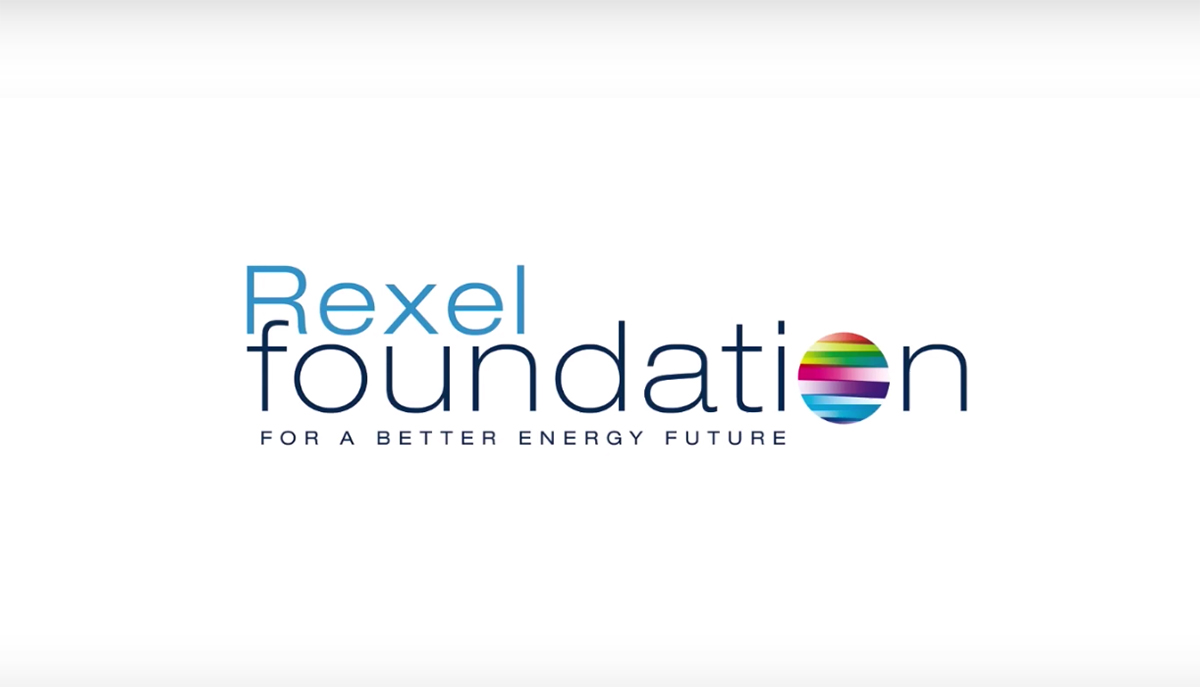
The fight against
fuel poverty
-
Fuel poverty concerns 12 million people in France and continues to progress despite considerable investments and the existence of multiple aid mechanisms. Convinced that there will be no energy transition without solidarity, the Rexel Foundation made the fight against fuel poverty one of its priorities as early as 2013: the efficiency of the solutions it helps develop relies on a close collaboration with the communities concerned. “Fuel poverty is above all linked to difficult living circumstances”, says Bertrand de Clermont Tonnerre. “The Foundation is now positioned as a solutions operator, collaborating with the beneficiaries and all other stakeholders.”
-
The Collectif des Possibles, initiated by the Rexel Foundation in Roubaix, reflects this commitment. This innovative participative approach offers customized support to beneficiaries throughout the different stages of the renovation of their homes. This means helping them complete administrative procedures, choose contractors, and manage the works until they are completed. To this end, the Collectif des Possibles involves all its stakeholders: local authorities, associations, foundations, private companies, independent contractors, Rexel employees, social entrepreneurs, startups, students, and field volunteers. The experiment in Roubaix will be deployed in other cities that expressed an interest in this approach.
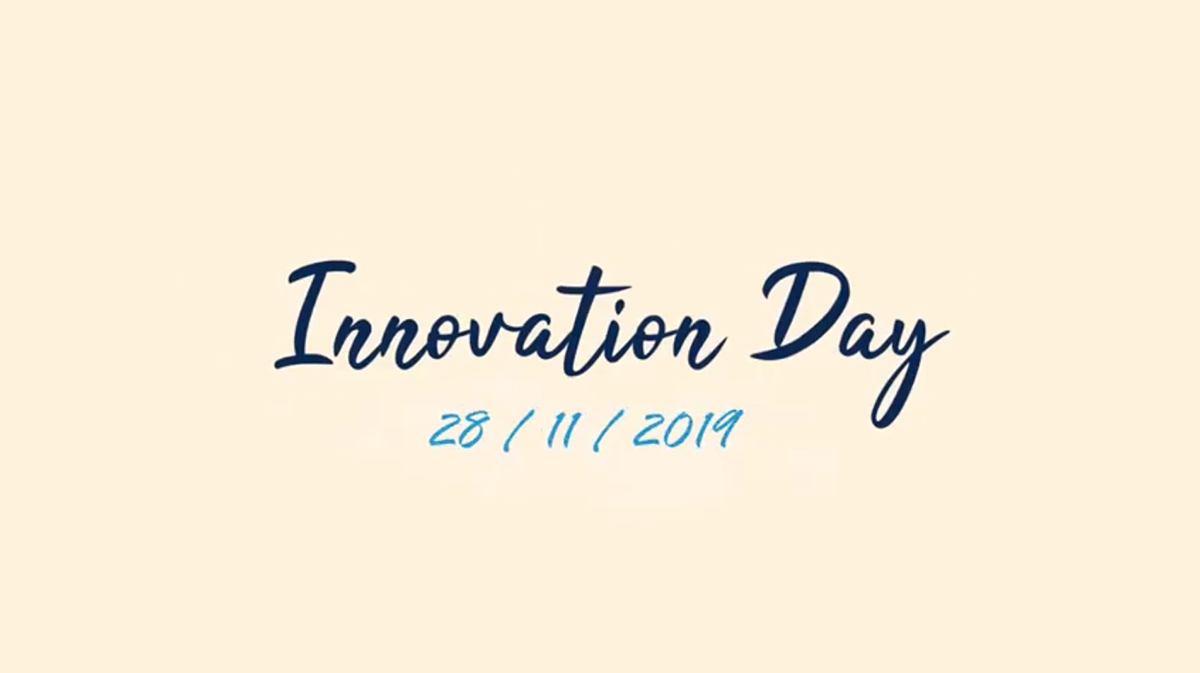
Three questions for Sylvain Viravaud, CSR Manager of Bizline*
-
How was BizCare born?
The initiating factor was the materiality analysis conducted in 2018. BizLine* sources products from 130 suppliers, 70% of which are in Europe and 20% in Asia: 95% of our carbon footprint therefore comes from sourcing. Following this analysis, we launched action plans with CRS ambassadors in every service. The set-up is neither formal nor hierarchical. It relies on the teams’ motivation and a cross-functional management based first and foremost on conviction.What are the main initiatives implemented?
We launched social and environmental audits with 21 suppliers – representing 80% of our purchases – conducted by Asian Pacific Inspection, following a stricter methodology than the traditional self-evaluation performed by suppliers. -
The product life cycle analysis (LCA)
The LCA is a well-designed tool that helps analyze the environmental impact of products, from their manufacturing to their end-of-life. In August 2019, Elektroskandia Norge, Rexel’s banner in Norway, initiated a project for analyzing the life cycle of cables. Conducted with its main cable suppliers, and LCA.no, an LCA specialist, it will provide an LCA assessment for cables specific to each project. Customers will therefore be able to select the best cables for a project depending on their environmental performance and on their needs. Elektroskandia guides its customers toward an optimized solution, from a technical, financial and also an environmental perspective.

The extra-financial performance of the Group
The Group’s CSR performance is widely recognized, as shown by its presence in multiple CSR indices and its voluntary commitments:
-
CSR Indices
 DOW JONES SUSTAINABILITY INDICESRexel has moved up two places, topping the list of European companies and ranking among the sector’s top five global companies.
DOW JONES SUSTAINABILITY INDICESRexel has moved up two places, topping the list of European companies and ranking among the sector’s top five global companies. -
 FTSE4GOOD
FTSE4GOOD -
 EURONEXT VIGEO EIRIS EUROZONE 120
EURONEXT VIGEO EIRIS EUROZONE 120 -
 EURONEXT VIGEO EIRIS EUROPE 120
EURONEXT VIGEO EIRIS EUROPE 120 -
 STOXX® GLOBAL CLIMATE CHANGE LEADERS INDEX (BASED ON THE CDP “A LIST” DATABASE)
STOXX® GLOBAL CLIMATE CHANGE LEADERS INDEX (BASED ON THE CDP “A LIST” DATABASE) -
Other international initiatives
 « CLIMATE CHANGE A LIST » OF THE CDP (CARBON DISCLOSURE PROJECT)
« CLIMATE CHANGE A LIST » OF THE CDP (CARBON DISCLOSURE PROJECT) -
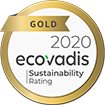 ECOVADIS GOLD LEVELWith a score of 71/100, Rexel ranks among the top 5% of the companies evaluated by EcoVadis globally and the top 1% in its sector.
ECOVADIS GOLD LEVELWith a score of 71/100, Rexel ranks among the top 5% of the companies evaluated by EcoVadis globally and the top 1% in its sector. -
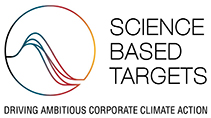 SCIENCE BASED TARGET INITIATIVE (SBTI)
SCIENCE BASED TARGET INITIATIVE (SBTI)

